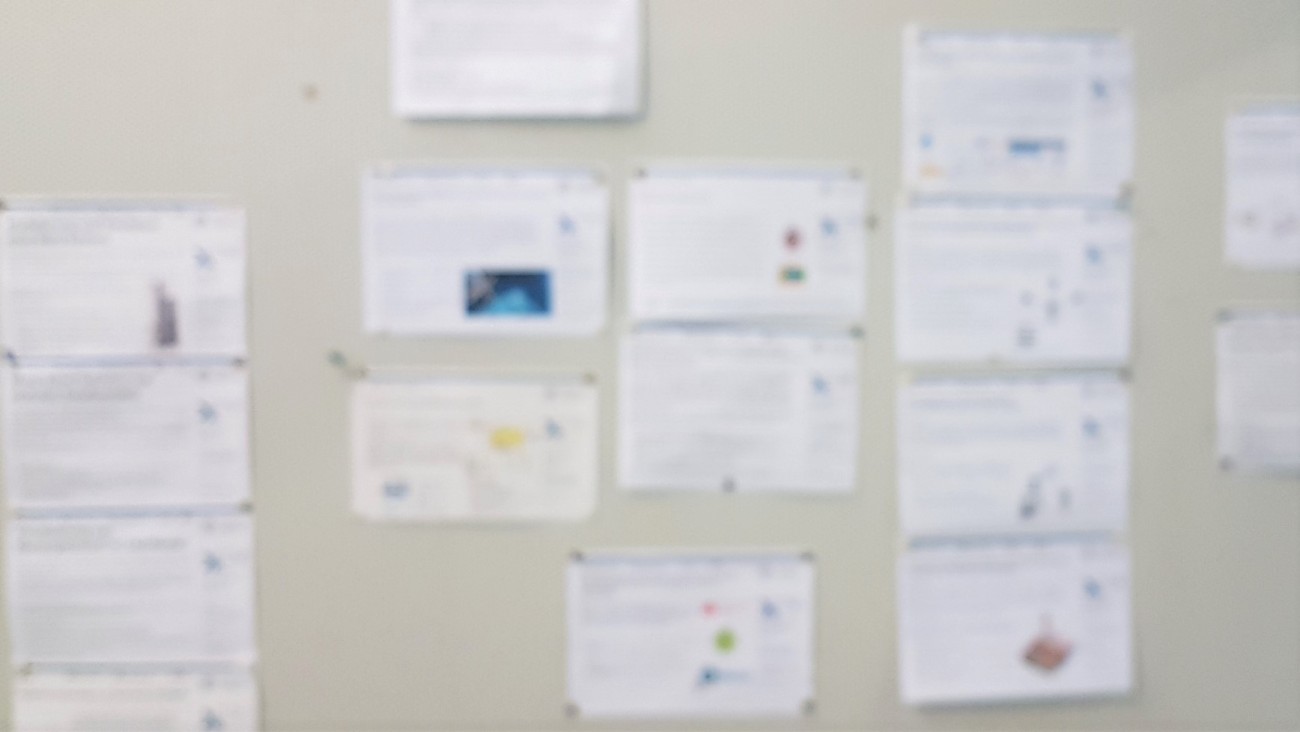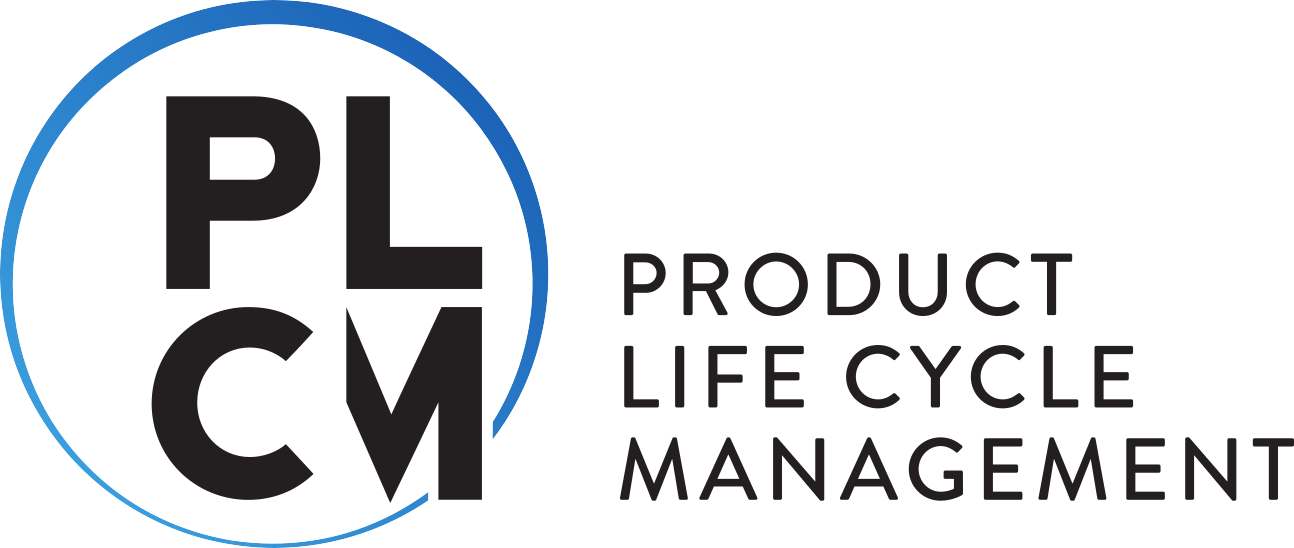Engineering Chatbots in der Produktentwicklung
Engineering Chatbots in Product Development
2025/12/01
Masterthesis
Scientific investigation of Engineering Chatbots in Product Development
Supervisor: Jonas Voges, M. Sc.
Geometrieverständnis für Sprachmodelle
Geometry Understanding for Large Language Models
2025/11/27
Masterthesis
Investigate and expand the Geometry Understanding of multimodal Large Language Models with us!
Supervisor: Dipl.-Ing. Alexander Schlicher
Bachelorthesis
Rising product complexity, shorter development cycles, and sustainability demands are driving automation in product development. AI-based generative design, especially in topology optimization, offers efficient ways to explore complex design spaces and enable largely automated processes.
Supervisor: Jonas Voges, M. Sc.
KI gestütztes Wissensmanagement
AI-supported knowledge management
2025/02/20
Masterthesis, Advanced Design Project (ADP)
A method for AI-supported knowledge management is to be developed. The aim is to simplify research in your own knowledge databases.
Supervisors: Niklas Bönisch, M. Sc., Jonas Voges, M. Sc.
Methodenentwicklung zur frühzeitigen Nachhaltigkeitsbewertung im Produktlebenszyklus: LCA einer Lederalternative im Entwicklungsstadium
Method development for early sustainability assessment in the product life cycle: LCA of a leather alternative in the development stage
2025/01/17
Masterthesis
Revoltech is a young start-up at TU Darmstadt that develops sustainable leather alternatives. In order to substantiate the sustainability of one of their products, MATTR, with facts and figures, a Life Cycle Assessment (LCA) is now to be carried out. The scientific challenge here is dealing with missing data on a product in the development stage and formulating sustainability requirements.
Supervisor: Niklas Quernheim, M. Sc.
Product Life Cycle Management

Student work
Theses
Here you will find current calls for student theses in the field of PLCM.







